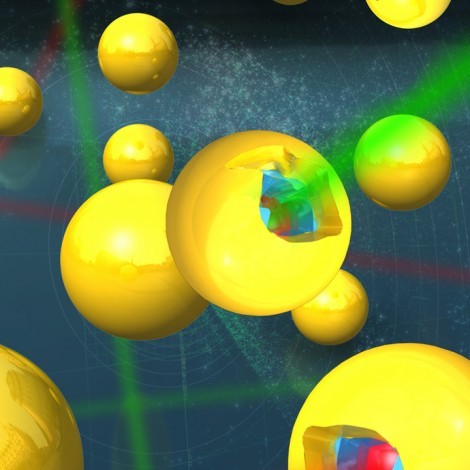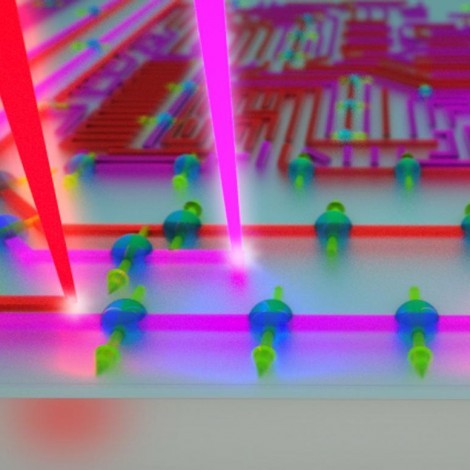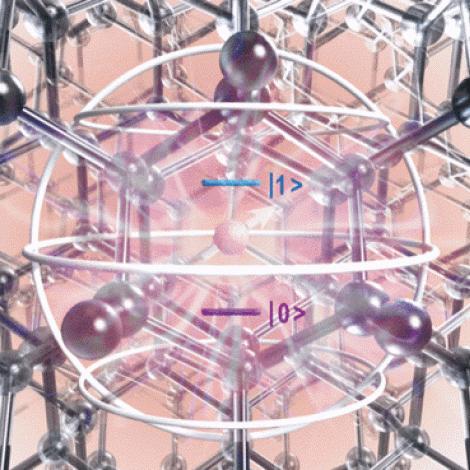Quantum Sensing
Researchers are currently working to develop quantum sensors with applications in a wide range of areas, from biology to high energy physics.
Quantum Communication
Quantum communication research applies the laws of quantum physics to protecting and transmitting data in a secure and effectively unhackable manner.
Quantum Computing
Quantum computing’s distinct power exploits properties unavailable to classical computers. Once fully developed, quantum computers will be able to leverage those properties to efficiently solve scientific and technological problems that are impossible even for today’s most powerful supercomputers.
Atomic, Molecular, and Optical Physics
Atomic, molecular and optical physics is the study of how light and matter interact. The field has produced an extremely exciting set of tools for creating and probing many of today’s most exotic quantum systems.
Quantum Chemistry
Quantum chemistry studies how the laws of quantum mechanics can be applied to chemical models and experiments on chemical systems. It encompasses quantum phenomena at all levels, such as the electronic structure of matter and its interaction with light, energy and charge flow, the collective behavior of complex ensembles, and the quantum chemical dynamics of time-evolving systems.
Quantum Materials
Quantum materials research links together a wide spectrum of areas, allowing theory, experiments, and fabrication to come together to both understand and employ these unique properties for scientific applications, such as aircraft development and scientific optical tools.
Nanomechanics
Nanomechanics has emerged at the crossroads of classical mechanics, solid-state physics, statistical mechanics, materials science, and quantum chemistry and employs these fundamental principles in the development of nanodevices.







